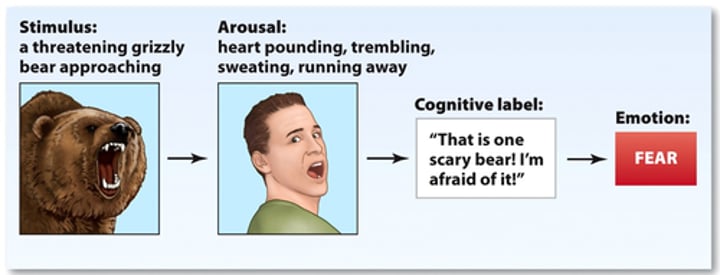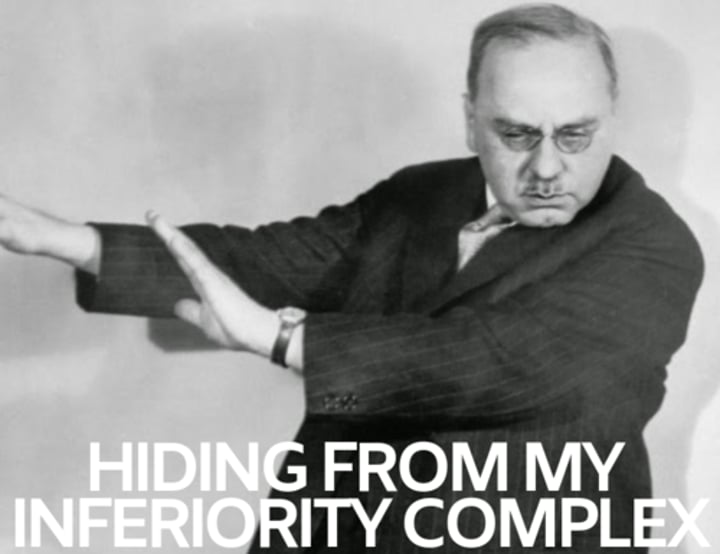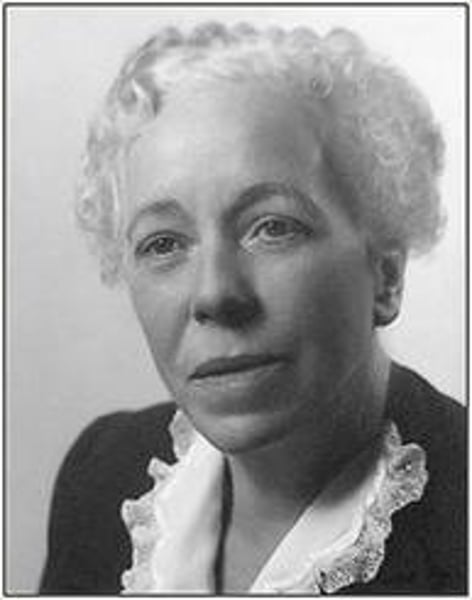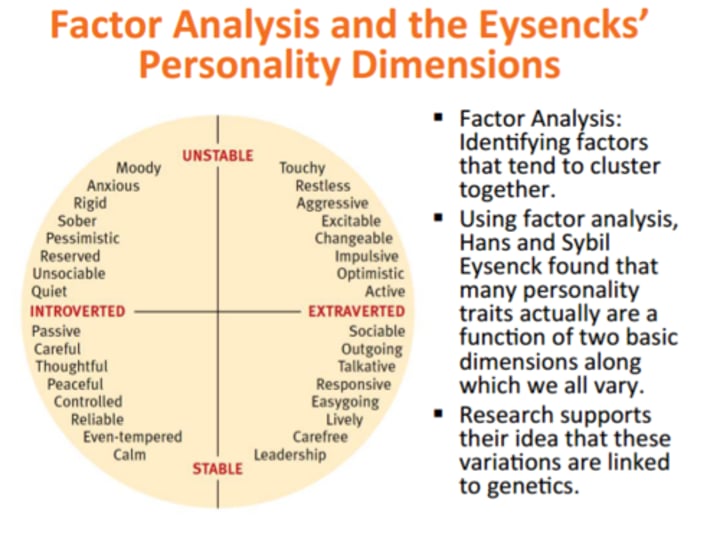People in Psychology
1/34
There's no tags or description
Looks like no tags are added yet.
Name | Mastery | Learn | Test | Matching | Spaced |
|---|
No study sessions yet.
35 Terms
Maslow
Humanist psychologist who developed a pyramid representing hierarchy of human needs. (self-actualization)
Rogers
Client-centered; unconditional positive regard; transactional analysis (humanism)
Freud
psychoanalytic theory; id, ego, superego, defense mechanisms, fulfillment of dreams, free association
Gordan Allport
the father of the trait perspective of personality
Mary Cover Jones
"mother of behavior therapy"; used classical conditioning to help "Peter" overcome fear of rabbits
John Watson
Early behaviorist; famous for the "Little Albert" experiments on fear conditioning
BF Skinner
1904-1990; Field: behavioral; Contributions: created techniques to manipulate the consequences of an organism's behavior in order to observe the effects of subsequent behavior; Studies: Skinner box
Pavlov
founder of classical conditioning while trying to study digestive system of dogs
Piaget
theorist that developed a series of stages in which an individual passes during cognitive development.
William James
1842-1910; Field: functionalism; Contributions: studied how humans use perception to function in our environment; Studies: Pragmatism, The Meaning of Truth
Erikson
theorist who studied psychosocial development across the lifespan.
Wundt
"Father of Psychology"; introspection-first lab in Leipzig, Germany
Gilligan
Examined moral differences between boys and girls based on social rules and on ethic of caring and responsibility
Mary Whiton Calkins
First female president of the APA
Loftus
Researched the reliability of Eyewitness testimony & constructive memory
Schachter-Singer Theory
A theory of emotion that states that both physiological arousal and cognitive appraisal must occur before an emotion is consciously experienced.

Adler
Inferiority complex, psychoanalytic

Horney
developed a theory based on basic anxiety; rejected the concept of penis envy

Eysenck
2 personality dimensions; extravert/introvert & emotional stability/instability.

Ainsworth
"Strange situation," stranger enters/mom leaves, secure, avoidant, anxious/ambivalent
Carl Jung
neo-Freudian who created concept of "collective unconscious" and wrote books on dream interpretation
Festinger
cognitive dissonance
Milgram
an experiment devised in 1961 by Stanley Milgram, a psychologist at Yale University, to see how far ordinary people would go to obey a scientific authority figure
Asch
conformity - tendency to go along with the views and actions of others, even if you know they are wrong - line test
Zimbardo
Stanford Prison Experiment/Lucifer Effect - Role Playing: People take on the role of what they feel are proper for the situation
Thorndike
Instrumental learning: cats; law of effect
Ebbinghaus
created the forgetting curve and serial position effect in memory
Terman
Created the Stanford-Binet intelligence test based on the Binet original, also did a longitudinal study of gifted children (Terman's Termites)
Charles Darwin
English natural scientist who formulated a theory of evolution by natural selection (1809-1882)
Spearman
proposed that general intelligence is linked to many clusters that can be analyzed by factor analysis (he made up factor analysis): "g" factor
Harlow
researcher that highlighted the importance of physical contact comfort in the formation of attachments with parents (monkeys)
Chomsky
Believed language was innate; developmental theorist
Binet
published first useful test of general mental ability; broke kids up into 'bright' and 'dull' by how they compared with both their chronological age and mental age
Kohlberg
theorist who claimed individuals went through a series of stages in the process of moral development. (Had them
Titchener
founder of structuralism